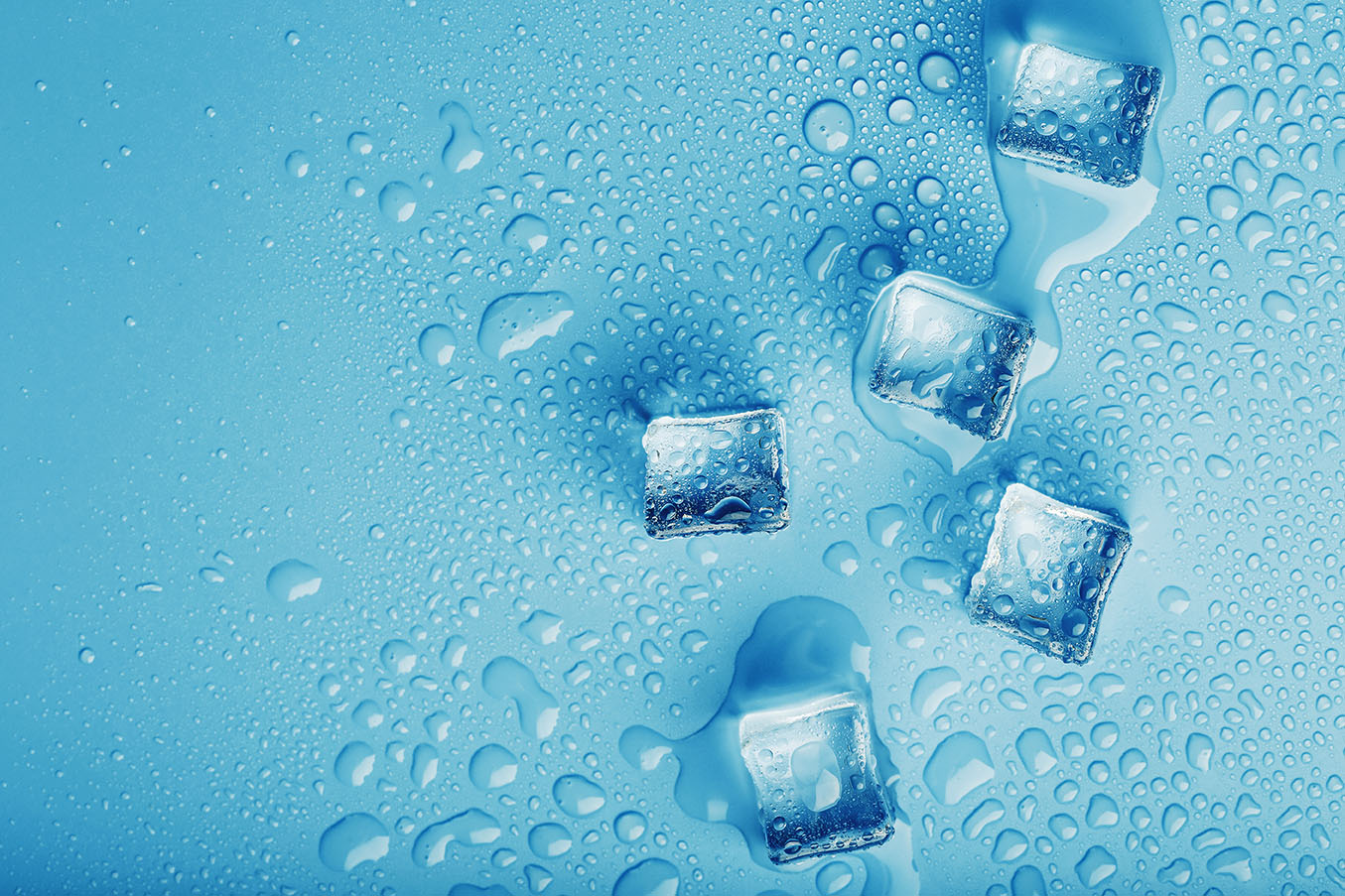

Cool is a relative term that describes the temperature of something.
The exact definition of cool depends on the context.
In physics, cool refers to a temperature that is below the freezing point of water.
In meteorology, cool refers to a temperature that is below the average temperature for a particular location.
The soup is cooling down.

Adjective:
Cool: Having a relatively low temperature.
Cool-headed: Calm and collected.
Cool-looking: Stylish or fashionable.
Cool-tempered: Not easily angered.
Adverb:
Coolly: In a cool manner.
Verb:
To make something cool.
To become cool.
Noun:
Coolness: The quality of being cool.
The word "cool" has a long and interesting etymology. It is thought to have originated in the 16th century, from the Middle Dutch word "koel", which means "cold". The word "cool" originally had a literal meaning, but it gradually came to be used in a more figurative sense, to describe something that was calm, collected, or unruffled.
What helps to cool an object down?
Question:
In the context of energy transfer, what does "cool" refer to, and how does it relate to thermal energy?
Answer:
In the context of energy transfer, "cool" refers to the process of losing thermal energy or decreasing in temperature. When an object cools down, its atoms and molecules slow down, reducing their kinetic energy, and causing the object to feel colder. This cooling process occurs when thermal energy is transferred from the object to its surroundings, either through conduction, convection, or radiation.
Address
Developing Experts Limited
Exchange Street Buildings
35-37 Exchange Street
Norwich
NR2 1DP
UK
Phone
01603 273515
Email
hello@developingexperts.com
Copyright 2025 Developing Experts, All rights reserved.